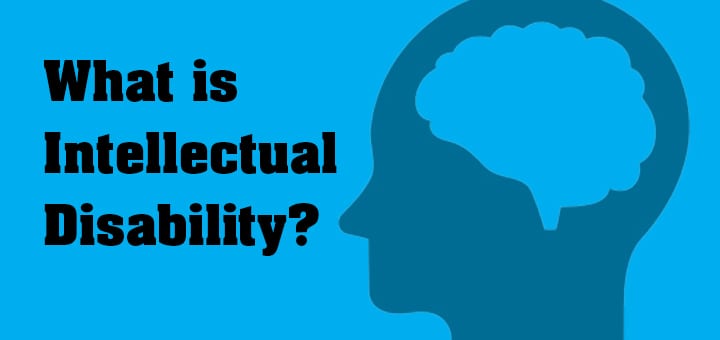W.B.C.S. Examination Notes On – Treatment Of Intellectual Disability – Psychology Notes.
There is no medical “cure” for intellectual disability. However, there are therapies with the help of which you can enrich the lives of intellectually disabled children and help them live a pleasant childhood. Read on to know some of them.Continue Reading W.B.C.S. Examination Notes On – Treatment Of Intellectual Disability – Psychology Notes.
- Replacement: Replacement of deficient molecules like thyroxine, Enzyme replacement in MPS etc is the most important treatment intervention.
- Stem Cell Therapy: This therapy can be beneficial for children who have Down Syndrome. While it cannot eliminate the disability, it can help repair any damaged cells that affect their cognitive abilities. Post the treatment, a considerable improvement in the cognitive abilities has been observed in several children who have Down Syndrome.
- Acupuncture: Studies have shown that children who are given this form of treatment saw a marked increase in their IQ scores and observed improved social skills as well.
- Home Schooling: As the pace of learning is slow, homeschooling is a good option where the child can thrive in a protected environment. If the child has better auditory skills than visual, the entire learning experience can be changed based on the child’s needs. This flexibility would not be available in schools.
- Special Needs Schools: These schools are specially made for children with disabilities to study under the same roof. The classes are conducted at a slower pace, and hence the children can grasp concepts quickly and apply them in their day-to-day lives.
Problems Faced by Intellectually Disabled Children
Intellectual disability majorly affects the overall development of the child. He/she may find it challenging to cope with several problems as well which are not only related to the development of the brain but also include psychological and social issues. Here are some common challenges faced by intellectually disabled children:
- Social Isolation: Perceived as slow, these kids are often ostracised by their peers. All it takes is one rumour, and most kids would start avoiding a mentally disabled child. Not just them, even the ones who try to befriend them are ridiculed.
- Bullying: Many kids with disabilities are bullied by their peers and are often called unflattering names. Most of these cases occur due to hatred, contempt and lack of patience and empathy towards the intellectually disabled children.
- Low Self-Esteem: Consistently poor academic performance can have a negative impact on the psyche of intellectually disabled children. Complex topics might be difficult to grasp for any child; however, poor academic performance in subjects that their peers outclass them easily may make them have a low opinion of themselves.
- Loneliness: Due to social isolation and bullying, many children with mental disabilities suffer from loneliness.
- Medical Problems: Children who suffer from profound mental retardation are likely to have other health complications as well. These could include reduced vision, hearing issues, poor motor function, etc., which may be present from birth or develop eventually during the growth years.
- Routine: Develop a habit that can be followed by your child. School can be stressful, and a safe environment at home with a predictable routine can help them feel secure. Routines also help intellectually disabled children get used to and build the skills that they can use in their adulthood.
- Praise and Reward: Due to the challenges the intellectually disabled children face every day, low self-esteem issues are typical, and they need constant appreciation and affection to overcome this issue. Encouragement through a reward system can help boost their self-confidence. However, avoid any negative punishments as it is likely to demotivate them.
- Behaviour Management: Children with mental disabilities may find it difficult to cope with certain situations. It is essential that they don’t dwell on their inability to comprehend things. Diverting their mind would be a good idea in such situations. Something as simple as giving them headphones and making them listen to music or playing their favourite game would help in diverting their mind.
Please subscribe here to get all future updates on this post/page/category/website


 +919674493673
+919674493673  mailus@wbcsmadeeasy.in
mailus@wbcsmadeeasy.in







































































































